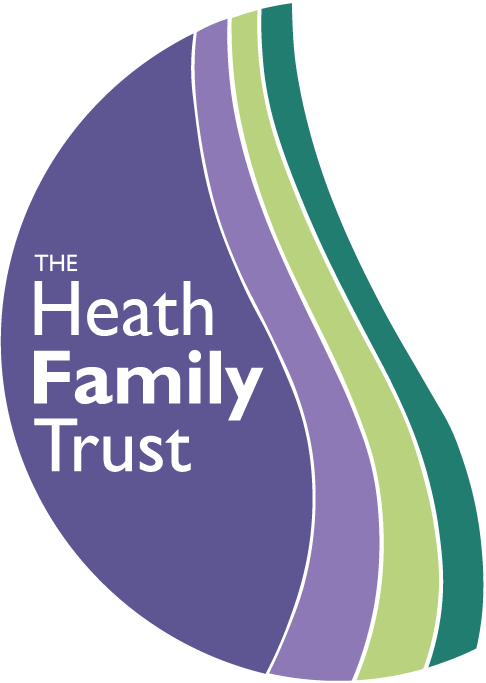Pupil Premium
What is the pupil premium?
The Pupil Premium provides additional funding on top of the main funding a school receives. It is targeted at students from disadvantaged backgrounds in order to improve their educational outcomes and to ensure they benefit from the same opportunities as students from less deprived families. Evidence shows that disadvantaged children generally face additional challenges in reaching their potential at school and often do not perform as well as other pupils.
The premium will be worth £1035and goes to students who at any point in the past 6 years have been in receipt of Free School Meals (FSM) or for children of families that have no recourse to public funds (NRPF); £2530 goes to any student who has been continuously looked after for the past six months or who has been adopted from care under the Adoption and Children Act 2002 or who has left care under a Special Guardianship or Residence Order or children who were previously looked-after children.
The Service pupil premium is additional funding for schools, but it is not based on disadvantage. It has been combined into the pupil premium and schools will receive £335 for every pupil with a parent who:
- is serving in HM Forces or has a parent who is in the armed forces of another nation and is stationed in England
- is registered as a ‘service child’ on any school census in the past 6 years
- has a parent who has retired on a pension from the Ministry of Defence
- has a parent who died while serving in the armed forced and the pupil receives a pension under the Armed Forces Compensation Scheme or the War Pensions Scheme
This funding is to help with pastoral support.
How the Pupil Premium is spent is monitored closely with all schools accountable for the impact of the money spent. At The Heath we pride ourselves on utilising the Pupil Premium to support our students with a specific focus on:
1. Teaching
Investing in high-quality teaching, for example:
- training and professional development for teachers
- recruitment and retention
- support for teachers early in their careers
2. Targeted academic support
Additional support for some pupils focussed on their specific needs, for example:
- one-to-one tuition
- small group tuition
3. Wider approaches
Support for non-academic issues that impact success in school, such as attendance, behaviour and social and emotional challenges. For example:
- school breakfast clubs
- counselling to support emotional health and wellbeing
- help with the cost of educational trips or visits
Why is there a pupil premium?
Students who have been eligible for Free School Meals at any point in their school career have consistently lower educational attainment than those who have never been eligible. Evidence shows that disadvantaged children generally face additional challenges in reaching their potential at school and often do not perform as well as other pupils. The aim of the Pupil Premium grant is to improve the educational outcomes of students in state-funded schools.
How many pupils at The Heath are eligible for the Pupil Premium?
Currently 37% of students at The Heath are eligible for the Pupil Premium
Is the Pupil Premium just for eligible students?
Schools do not have to spend pupil premium so it solely benefits eligible pupils. They can use it wherever they identify the greatest need. For example, they might spend it on pupils who do not get free school meals but:
-
have or have had a social worker
-
act as a carer
Using pupil premium funding to improve teaching quality is the most effective way to improve outcomes for disadvantaged pupils. By doing so, schools will inevitably benefit non-eligible pupils as well.
Is there an issue with eligible pupils not applying for FSM?
In Halton, when a Housing/Council Tax Benefit form is completed, this automatically entitles child(ren) in the family to receive free school meals. The Council inform the Student Services Team and the school of the child’s entitlement to free school meals.
Parents in receipt of Child Tax Credit are required to complete a free school meal application form, and it is vital that the application form is completed to allow additional funding to be released to the school.
How will the impact of the spending of the Pupil Premium be measured?
At The Heath, the usual cycle of data collection and the monitoring and tracking of the cohort’s attainment, will be used to inform student progress and enable the early identification of need, support and appropriate intervention.
Additional accountability is that schools must show how they’re using their pupil premium funding:
- by publishing an online statement about how they use their funding and the impact it has on the attainment of disadvantaged pupils
- through inspections by Ofsted
- through published performance tables

